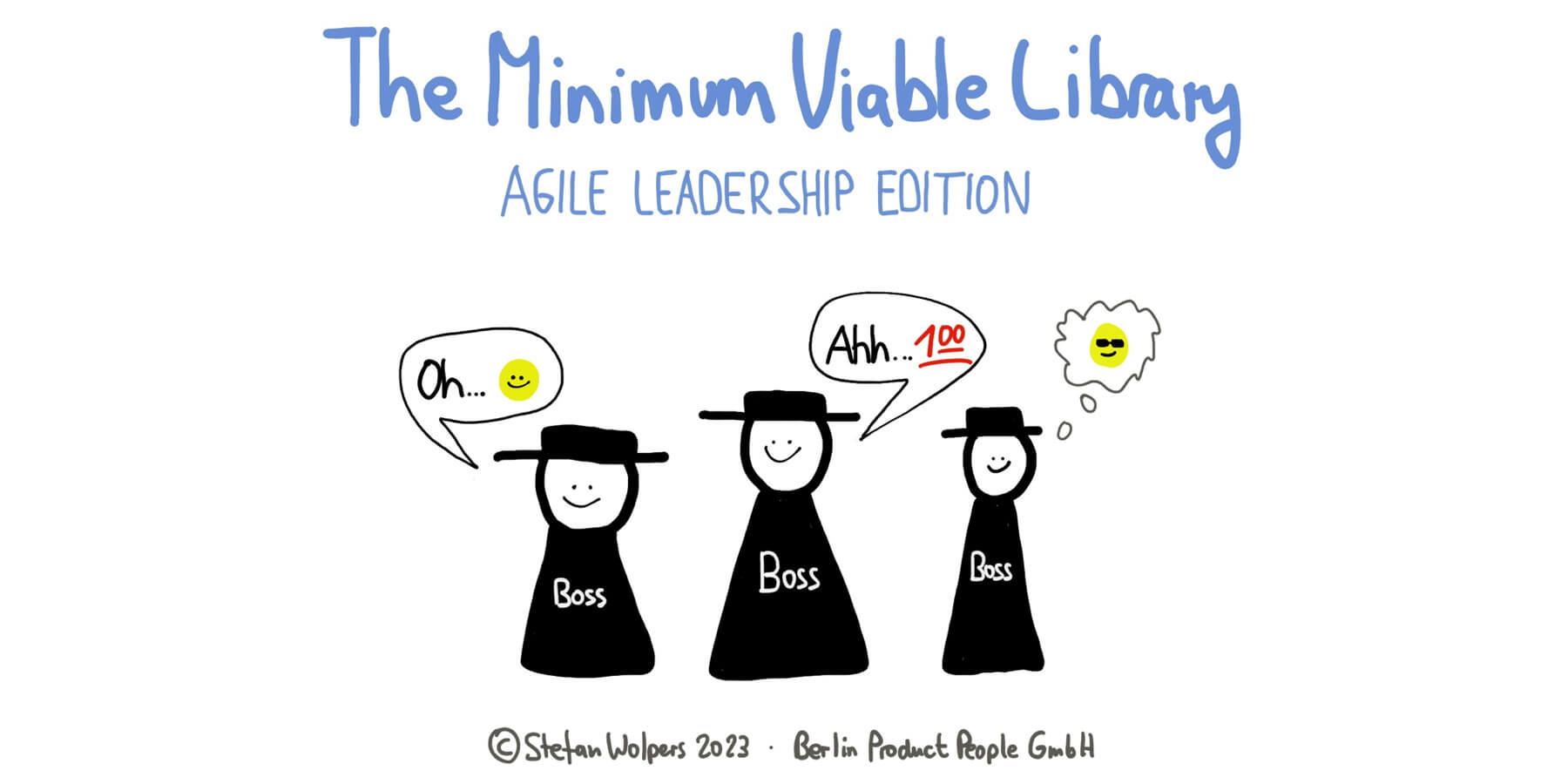Minimum Viable Library Part 3: Agile Leadership Edition
Explore a series of carefully curated collections of essential books, newsletters, podcasts, and tools to elevate your Agile expertise.
Join the DZone community and get the full member experience.
Join For FreeThe Minimum Viable Library for Agile Leaders
A new edition of the Minimum Viable Library on Agile Leadership is available! Explore a series of carefully curated collections of essential books, newsletters, podcasts, and tools to elevate your agile expertise.
Read on and learn how the recommendations for Agile leaders cover a wide range of topics, from the importance of self-managing teams and trust-based environments to the crucial roles of accountability and resilience. While “servant leadership” as a term may be fading, its principles of empowerment and collaboration endure. Stories of transformation in traditional settings underscore the value of decentralized leadership and quick communication.

Minimum Viable Library Part 3: Agile Leadership Edition
These are the six books I consider the bare minimum for any Agile practitioner who takes Agile leadership seriously:
- L. David Marquet: “Turn The Ship Around! A True Story of Turning Followers Into Leaders:” In ‘Turn the Ship Around!’ former submarine captain David Marquet flips the traditional leadership model, fostering a culture where everyone is a leader. Marquet successfully transformed a poorly performing submarine crew into a top-tier team. The lessons learned from the book reflect Scrum’s concept of self-managing teams well.
- Simon Sinek: “Leaders Eat Last: Why Some Teams Pull Together, and Others Don’t:” Simon Sinek’s book offers a vision of workplaces where trust and fulfillment prevail over cynicism and self-interest. He unveils the power of creating a ‘Circle of Safety,’ a supportive environment where leaders — like Scrum Masters — prioritize their team’s wellbeing, stimulating collaboration, autonomy, respect, and, ultimately, performance.
- Jocko Willink, Leif Babin: “Extreme Ownership: How U.S. Navy SEALs Lead and Win:” In ‘Extreme Ownership,’ ex-Navy SEALs Jocko Willink and Leif Babin explore leadership lessons learned in combat, emphasizing accountability, resilience, and a relentless focus on mission success. With regard to Scrum, there is one noteworthy takeaway: there are no bad teams, just bad leadership, dear Scrum Masters.
- Robert K. Greenleaf: “Servant Leadership: A Journey into the Nature of Legitimate Power and Greatness:” Robert Greenleaf revolutionizes traditional leadership approaches with a holistic, ethical model. While the Scrum Guide no longer refers to Scrum Masters as servant leaders, the book, fortunately, promotes empowerment and collaboration to foster wiser and more autonomous (Scrum) teams.
- General Stanley McChrystal, David Silverman, Tantum Collins, Chris Fussell: “Team of Teams: New Rules of Engagement for a Complex World:” Gen. Stanley McChrystal’s ‘Team of Teams’ recounts the revolutionary shift from traditional tactics to a highly agile, transparent ‘team of teams’ strategy in the Iraq War. Focusing on decentralization and rapid communication, this model has since proven effective in diverse environments, offering transformational insights for leaders of any organization. Think: if the US Military can overcome its traditional ways of leadership, why shouldn’t that work with your organization?
- Bill Walsh, Steve Jamison, Craig Walsh: “The Score Takes Care of Itself: My Philosophy of Leadership:” Bill Walsh’s transformational leadership took the San Francisco 49ers from bottom to dynasty, changing how football is played. The book offers valuable insights applicable to any leadership role across industries, agile organizations included.
Conclusion
Creating a minimum viable library of carefully curated collections empowers agile practitioners to access essential resources that elevate their expertise. It condenses valuable knowledge into accessible formats, enabling individuals to stay informed, adapt to challenges, and drive successful agile transformations. Join the effort!
Which books, newsletters, podcasts, and tools do you consider essential for agile practitioners interested in agile leadership? Please share your suggestions in the comments.
Published at DZone with permission of Stefan Wolpers, DZone MVB. See the original article here.
Opinions expressed by DZone contributors are their own.

Comments